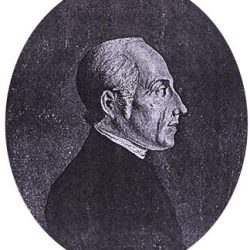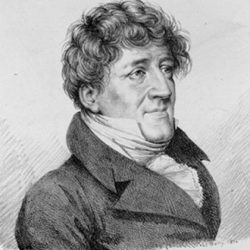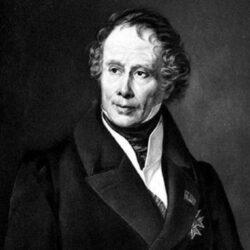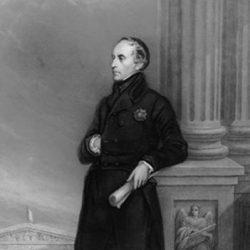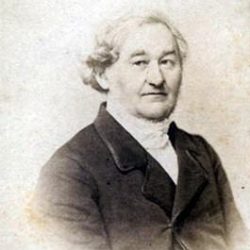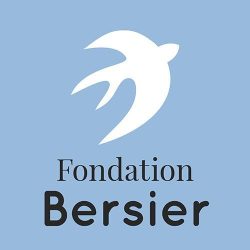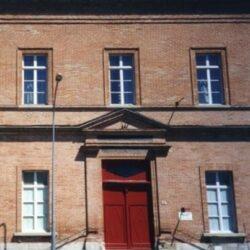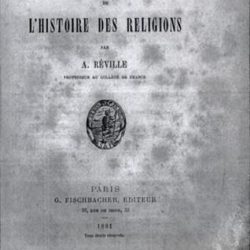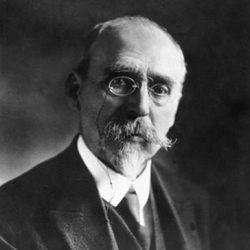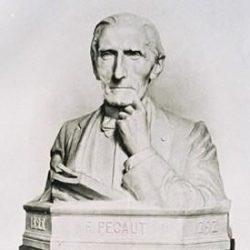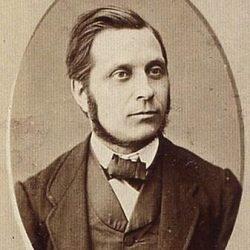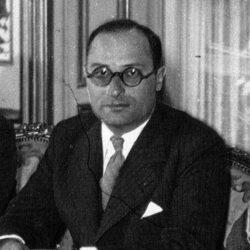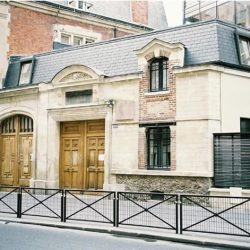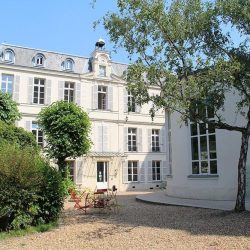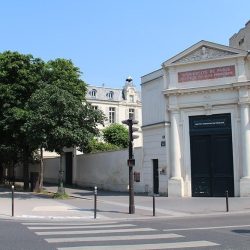Protestant education since the Revolution
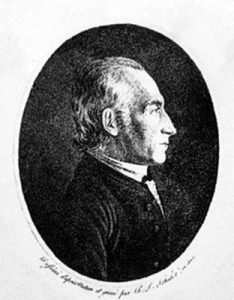
After the French Revolution, a public education system was gradually established with the high schools and Grandes Ecoles. Protestants participated widely in the major school and university reforms of the Third Republic.
From the Edict of Tolerance (1787) to the end of the Second Empire (1870)
During the French Revolution, after the departure of the Jesuits and their colleges as a result of the loss of legitimacy of the Sorbonne, there were numerous and widely debated educational projects involving basic education, pedagogy, and the general and vocational training of the elite. Little by little, new schools were created and a school system began to take shape, elementary schools, high schools, Grandes Ecoles, called special schools, law schools, medical schools and schools of arts and sciences.
The Third Republic (1871-1939)
Early in the Third Republic, a public education system was established with its rules.
The major education acts (1881, 1885, 1891) established :
- free, mandatory, secular primary education: all children age 6 to 13 had to receive an education. This education was free: the students’ families did not have to pay anything. It was secular, that is, it provided moral instruction, but no religious instruction. All the teachers received training in Normal Schools.
- sssecondary and university level education (fee-based until 1930). Teachers and professors were trained at universities and had to pass a competitive certification exam [agrégation] in each discipline.
A number of reformers, Jules Ferry for primary education, Louis Liard and Emile Durkheim for secondary and university-level education, at times had close ties with the Protestant community
However, Protestants also favored the creation of private education (The Ecole Alsacienne, the Ecole Libre des Sciences Politiques).
Since the 1877 laws, theology schools (Protestant and Catholic) were private establishments of higher learning.

